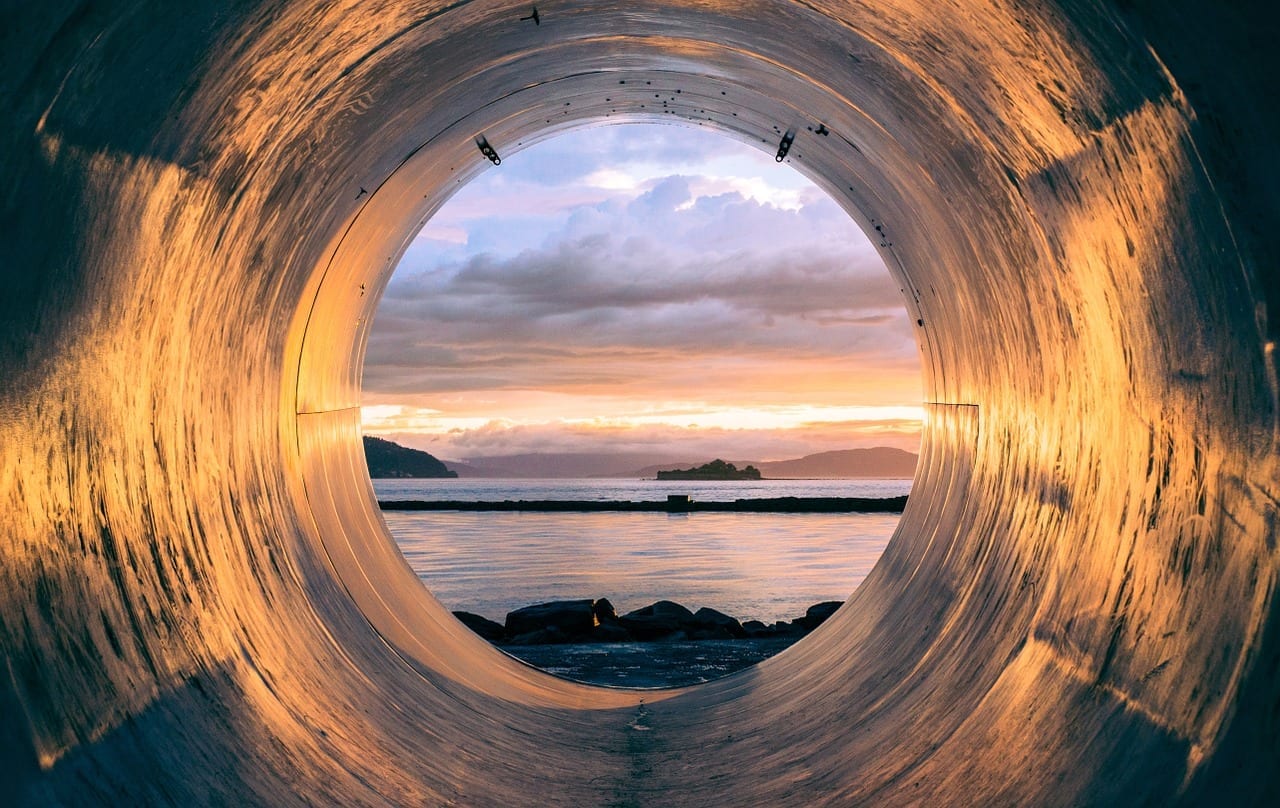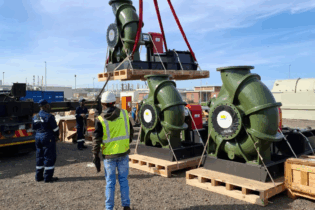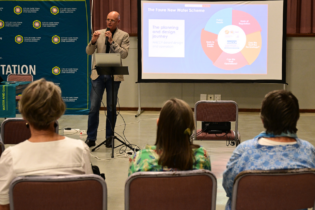Drought
South Africa has been battling the crippling effects of its most recent drought. KwaZulu-Natal’s provincial cabinet declared a drought in the province in December 2014, and by August 2016, Richards Bay’s main water supply dropped to a dangerously low level of 16%.To mitigate this, the Emergency Water Transfer Scheme was activated in July 2014 and water was pumped from the Thukela River into the Goedertrouw Dam to ensure the dam did not fail.
During this period, a greater emphasis was placed on water harvesting, the re-use of return flows, and utilising ground water by drilling boreholes. This new desalination plant forms part of the province’s short term intervention to increase the domestic water supply and help local communities in and around Richards Bay. “The desalination plant will benefit the whole town of Richards Bay and surrounding communities from the sea water treated,” the department said. “It will directly benefit the communities of Mandlazini, Nseleni, Khoza, Mzingazi and the Mbonambi Rural Water Supply Scheme.” The water reservoirs in the region have greatly improved since the operation of the desalination plant increasing water security and reliability, the department added. The reservoirs in this respect include Mapolwane, Khoza, Nseleni, Mandlazini, Meerensee and Brackenham. “These reservoirs have moved from an average of 55% to 90%,” Mokonyane said. “We are delighted to announce that the desalination plant is now 100% complete and functional,” she added. “In fact, the plant started to produce water on the 14 November 2016 and a total of 10Ml/day production was commissioned by 25 January 2017”. She reiterated the dire need for the coordination of infrastructure investments in targeted spaces across spheres and sectors, and with stakeholders. She added that government should also strive to overcome persistent backlogs and inequities in service delivery through improved intergovernmental planning and budgeting processes.







